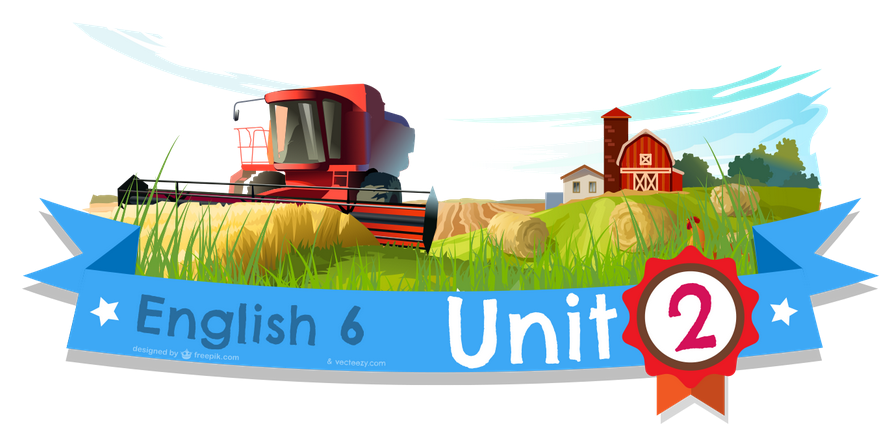



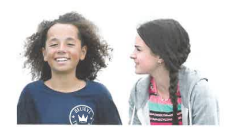
Teilziel 2.3: will-future
will-future
Ich kann mich auf Englisch in der neuen Zeit Zulkunft
ausdrücken und kenne die Regeln.
Anwendung will-future
Ich kann die neue Zeit sicher anwenden und Auskunft über Zukünftliches geben (Wettervorhersage, Pläne, etc.).
Selbstcheck: will-future
Aufgabe 1
Aufgabe 2
Aufgabe 3
Aufgabe 4
Aufgabe 5
Aufgabe 6
Aufgabe 7
Aufgabe 8
Aufgabe 9
Check-out

https://www.tutory.de/staatliche-realschule-bessenbach/dokument/rsb-lernwerkstatt-e6-unit-2-3-will-future
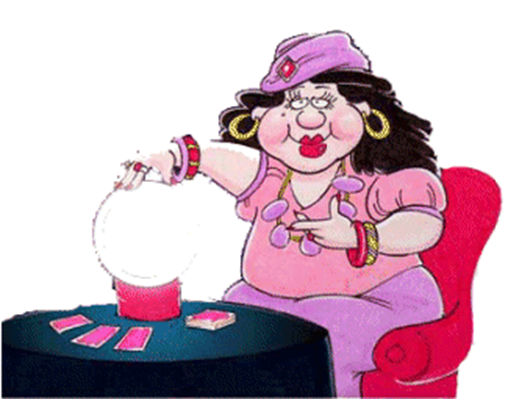
Deine Lehrkraft erklärt das neue Grammatikthema bevor du selbstständig am Lernpaket weiterarbeiten kannst.
Du verwendest das Futur mit will, um zu sagen, was in der Zukunft geschehen wird. Oft geht es um
- Vermutungen
- Dinge, du wir nicht beeinflussen können
- spontane Entscheidungen.
Bildung:
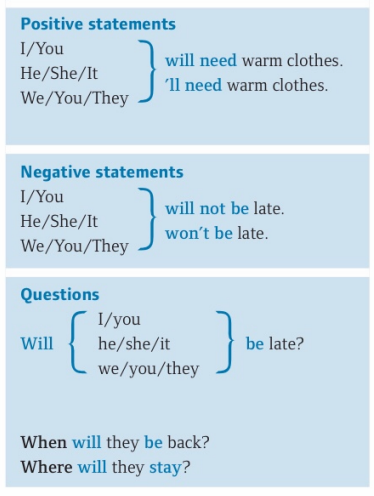
https://www.tutory.de/staatliche-realschule-bessenbach/dokument/rsb-lernwerkstatt-e6-unit-2-3-will-future





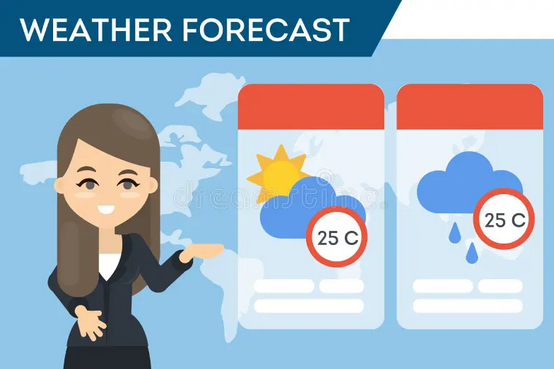

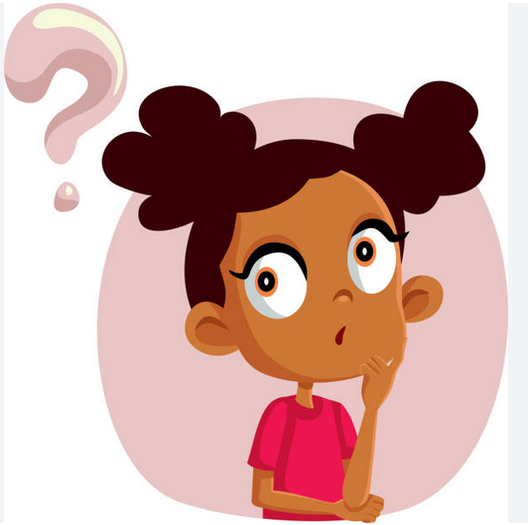

https://www.tutory.de/staatliche-realschule-bessenbach/dokument/rsb-lernwerkstatt-e6-unit-2-3-will-future

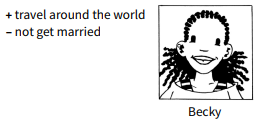
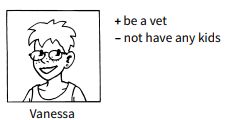
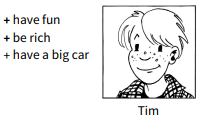
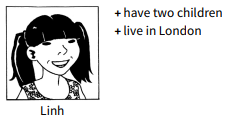
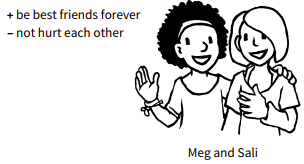
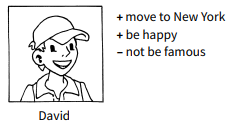
Vanessa will be a vet but she won't have any kids.
Linh two children and she in London.
David to New York and happy but he famous.
Becky around the world but she married.
Tim
Meg and Sali
https://www.tutory.de/staatliche-realschule-bessenbach/dokument/rsb-lernwerkstatt-e6-unit-2-3-will-future
Amy Kirsty is in the basketball team. (you/come) with me and watch the game?
Lehka No, (I/not/come). I don’t like basketball much.
Amy Come on. It’s Kirsty’s big day. We must support her. And (it/be) good fun.
Lehka Well, what time (it/finish)?
Amy (it/not/be) long.
Lehka I don’t want to be late home, or my parents (worry)
Amy Just half an hour. (it/not/be) any fun on my own.
Lehka OK, but I don’t know the rules.
Amy It’s all right. (I/explain) the rules to you. Then you’ll enjoy it (you/enjoy), I’m sure.
https://www.tutory.de/staatliche-realschule-bessenbach/dokument/rsb-lernwerkstatt-e6-unit-2-3-will-future
Grammar sheet
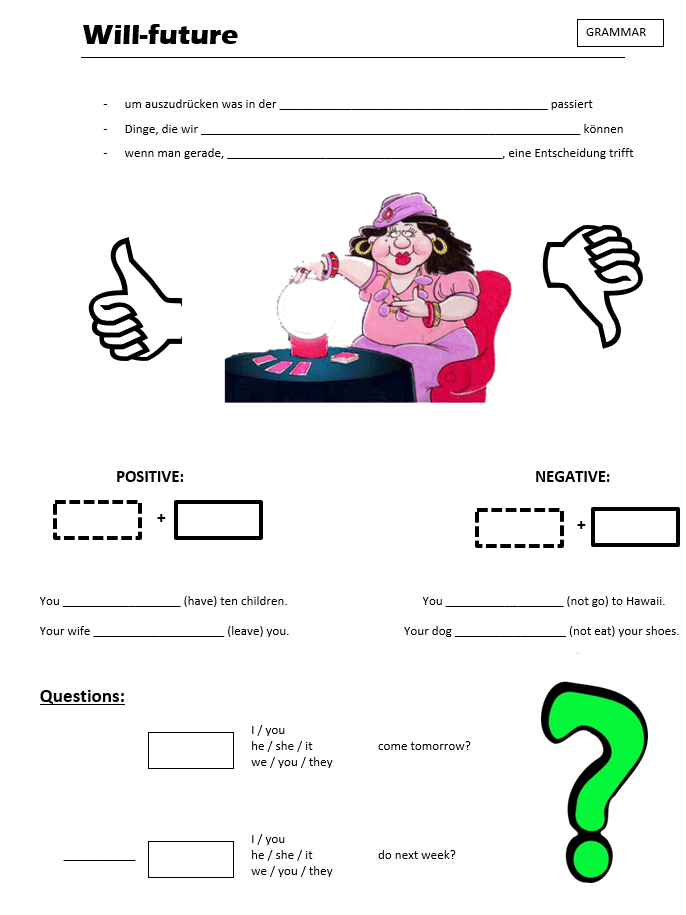
https://www.tutory.de/staatliche-realschule-bessenbach/dokument/rsb-lernwerkstatt-e6-unit-2-3-will-future
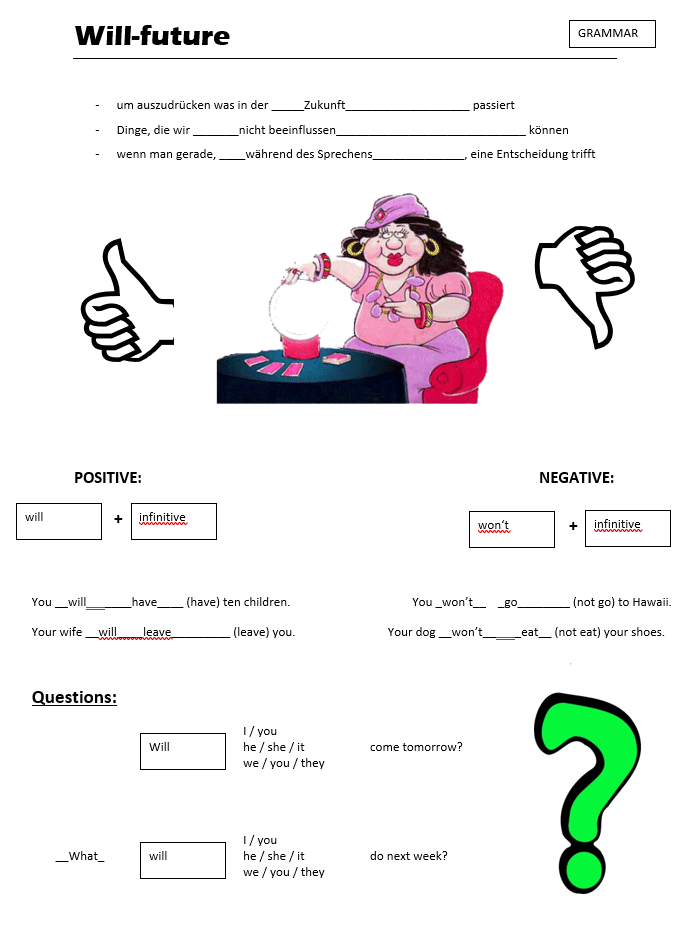
https://www.tutory.de/staatliche-realschule-bessenbach/dokument/rsb-lernwerkstatt-e6-unit-2-3-will-future


